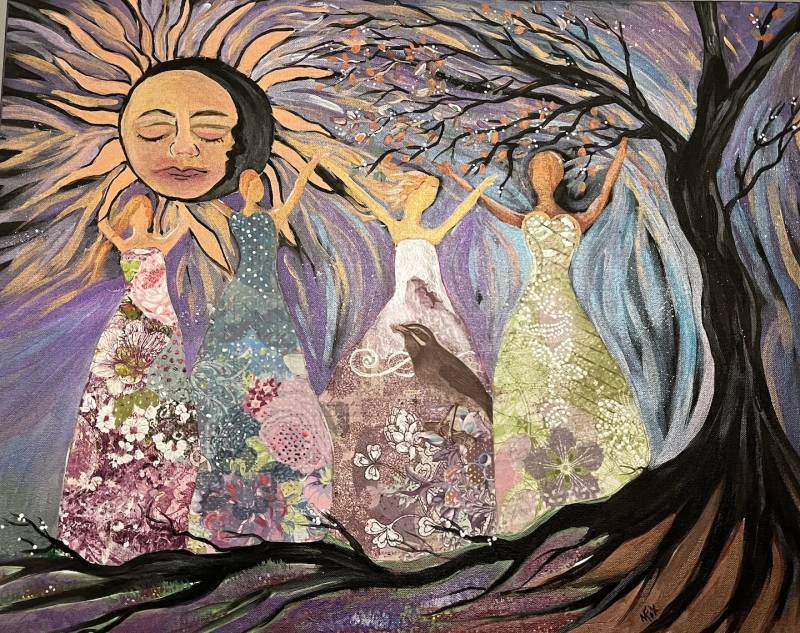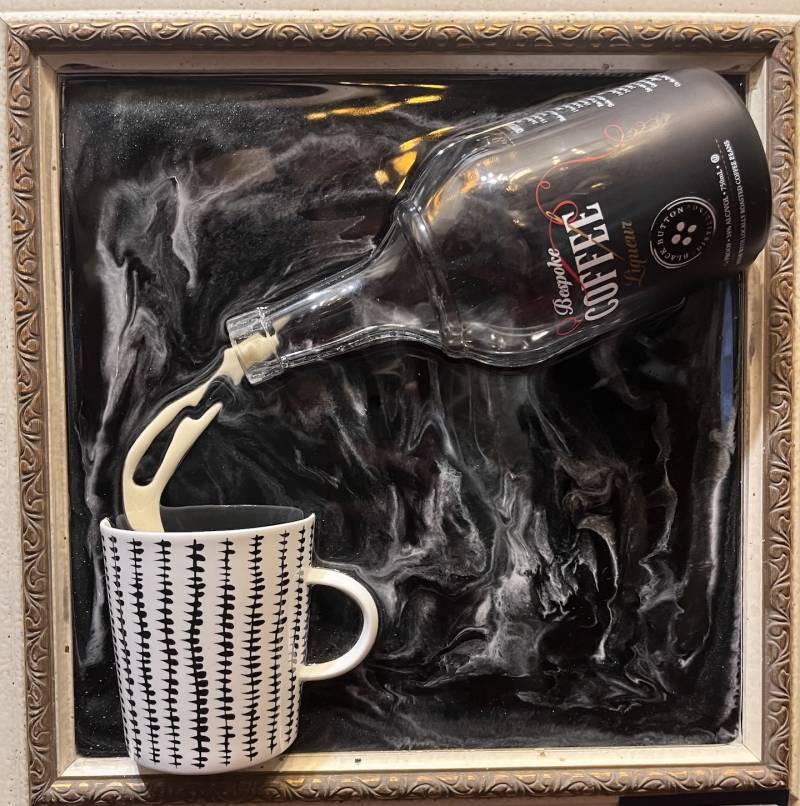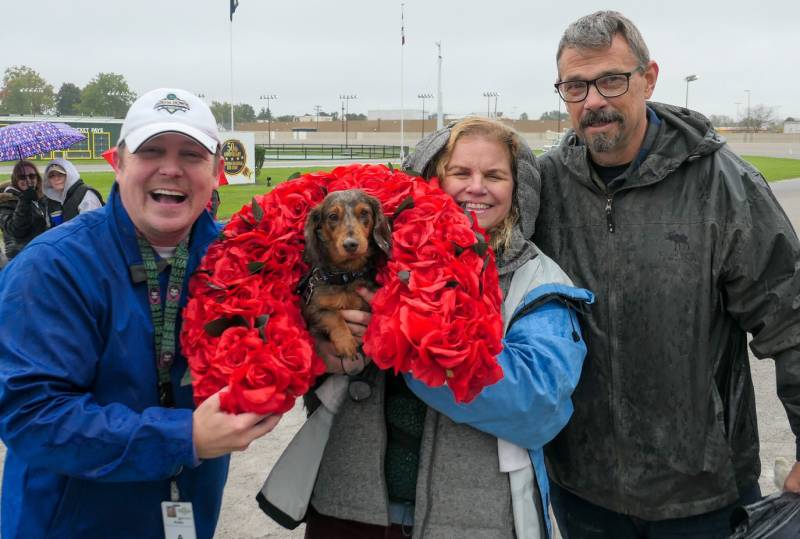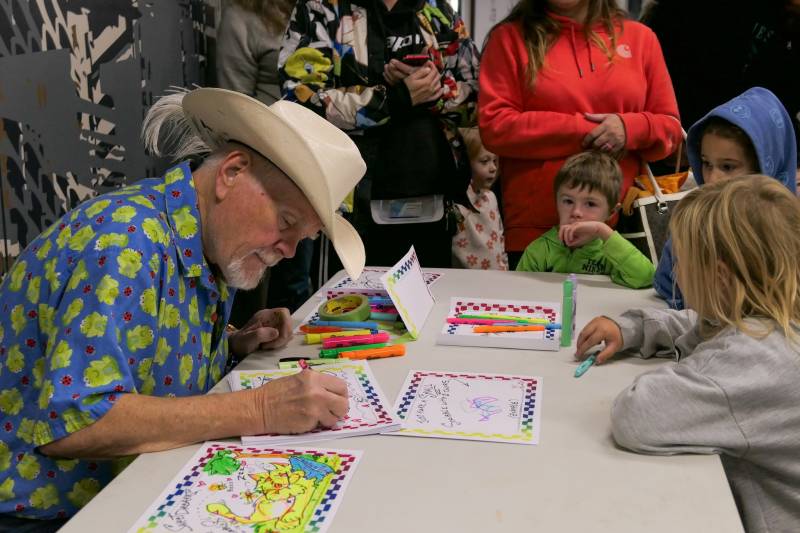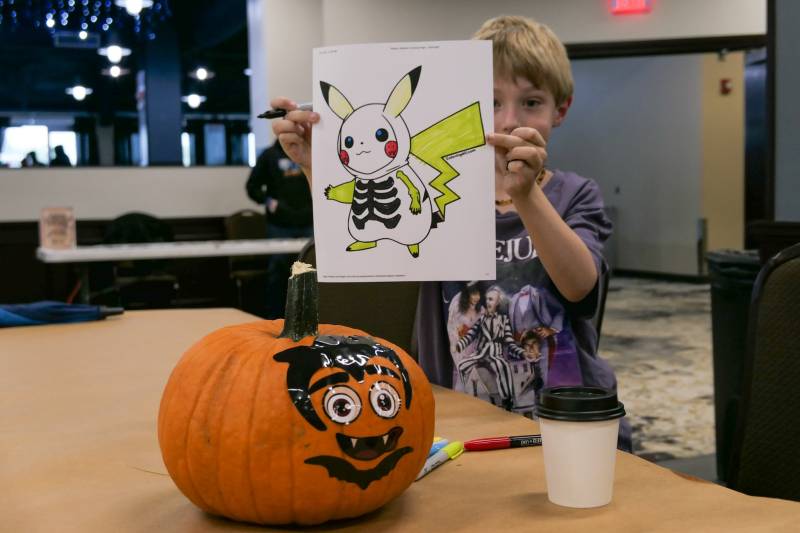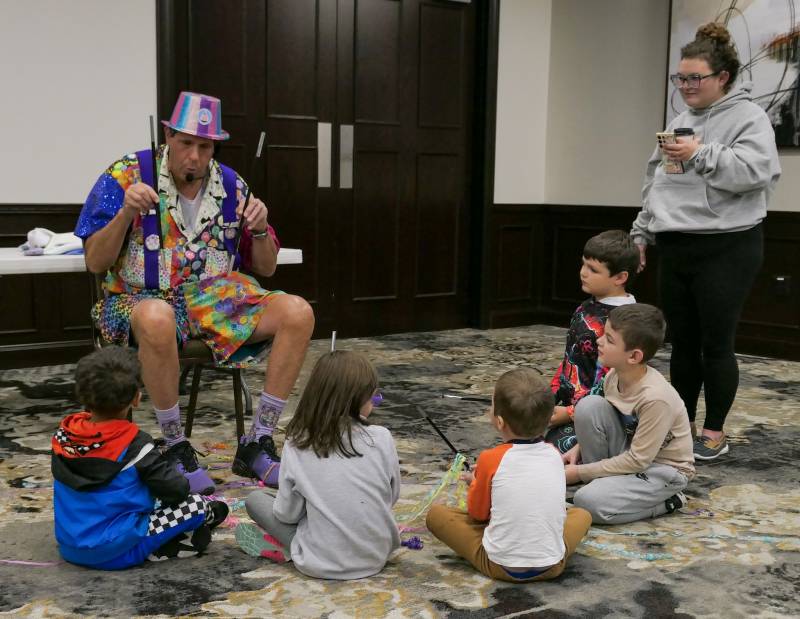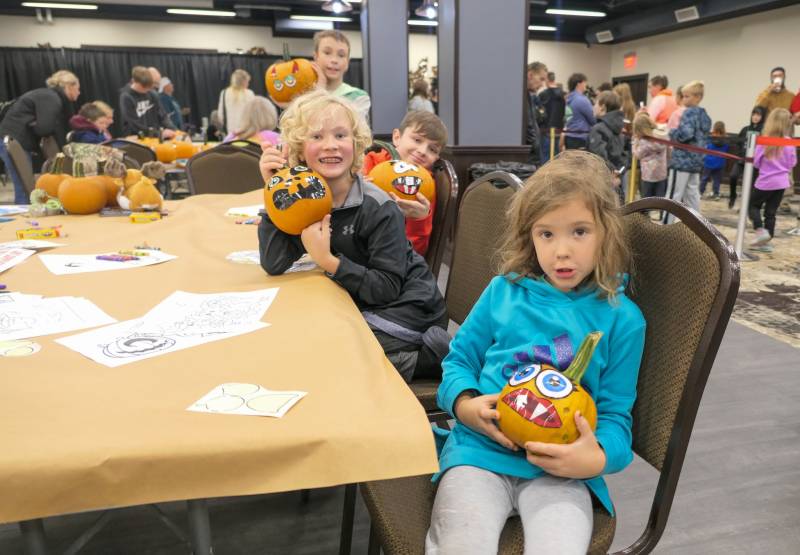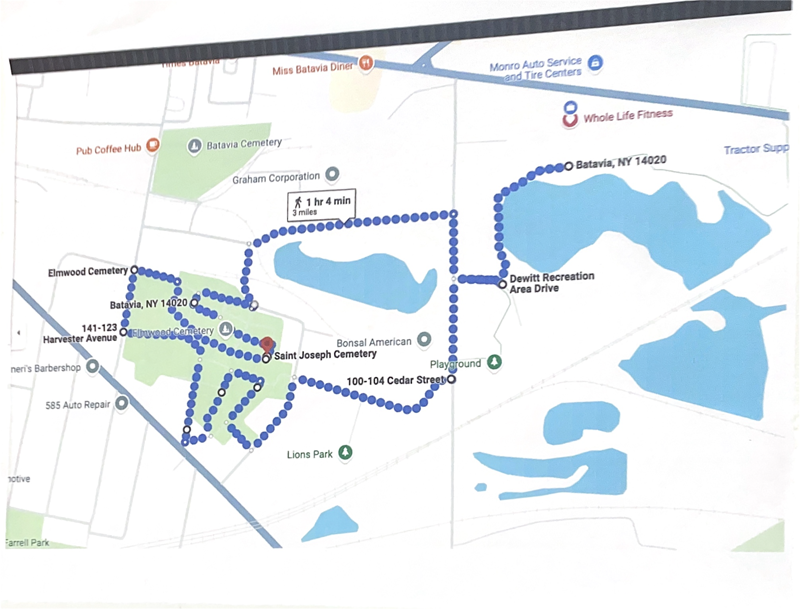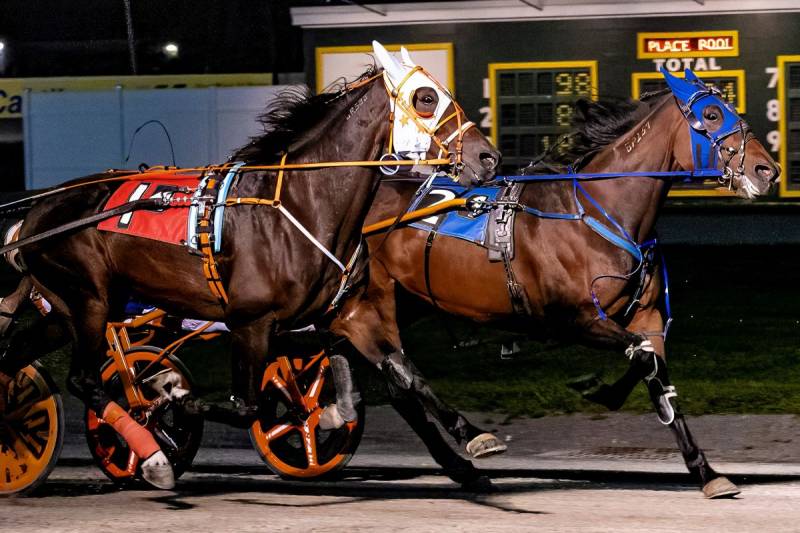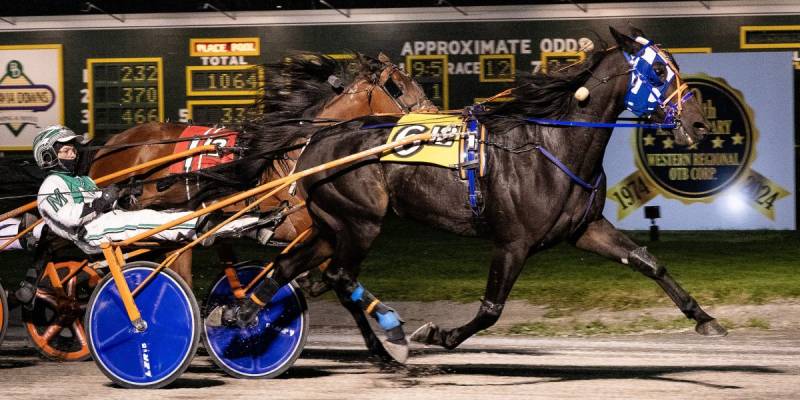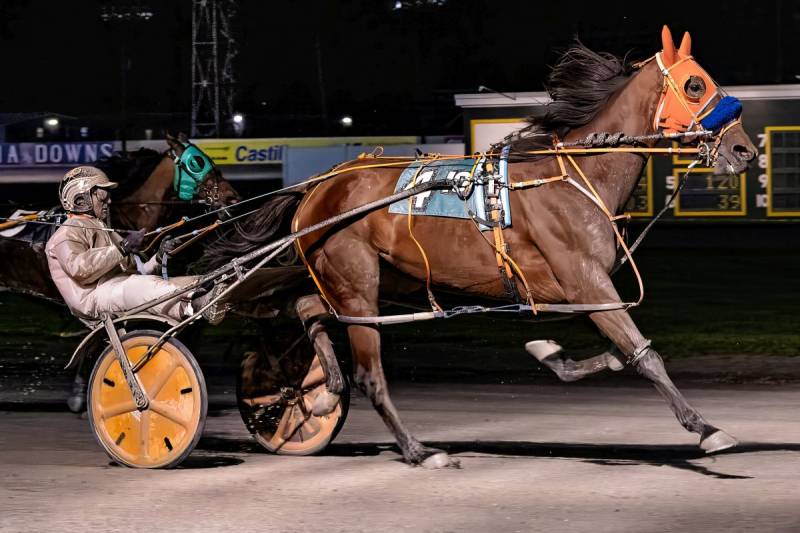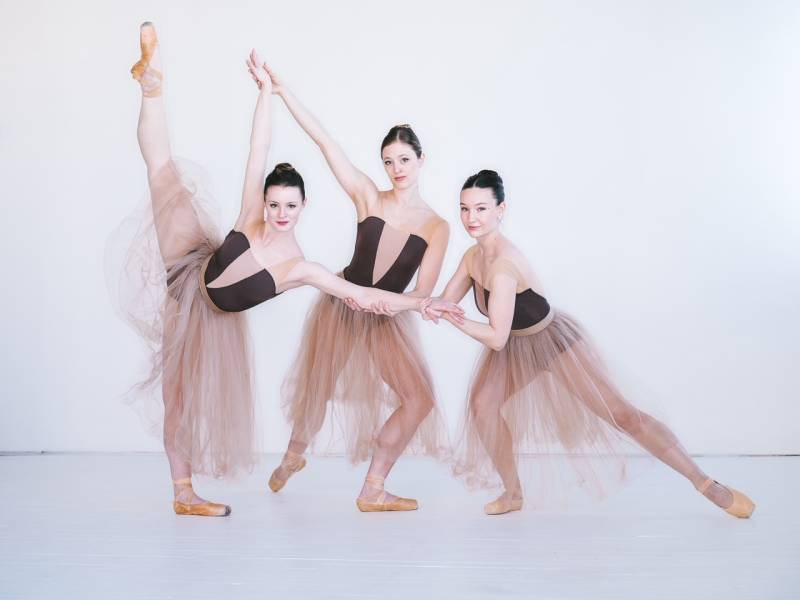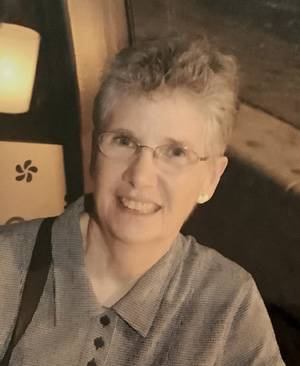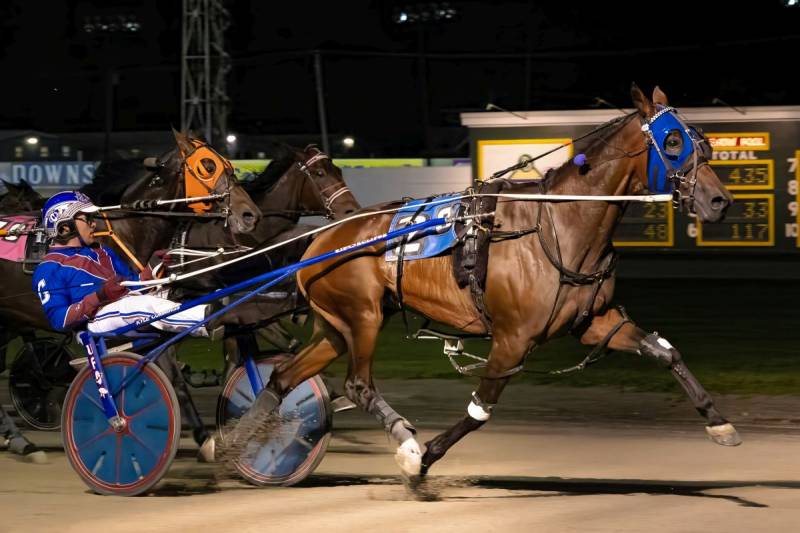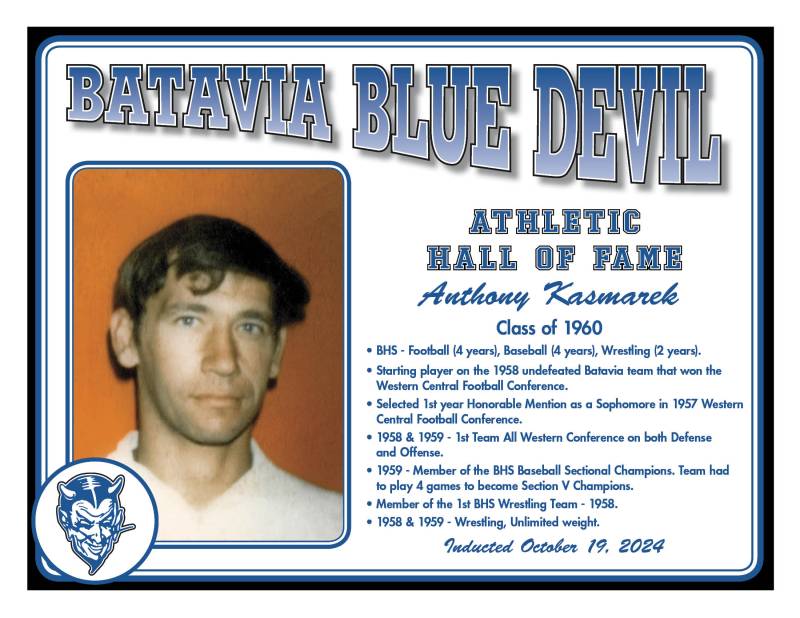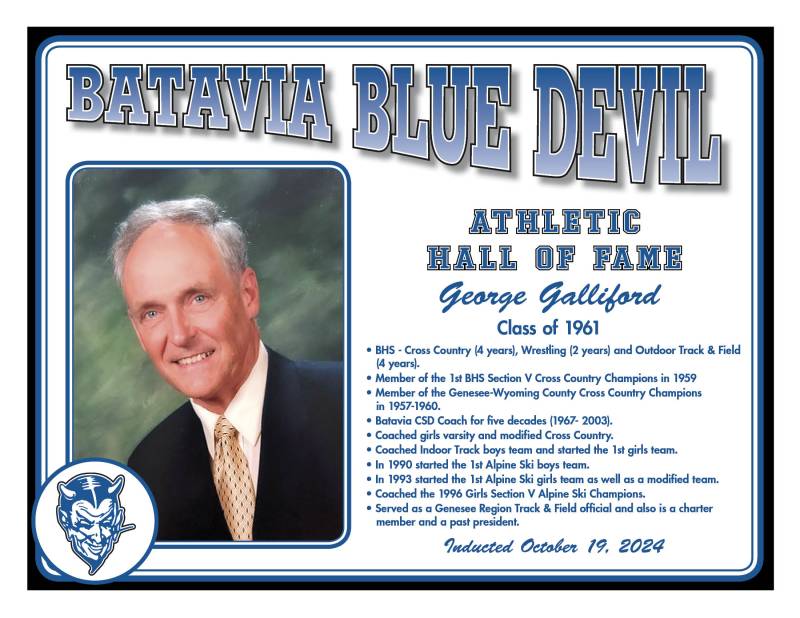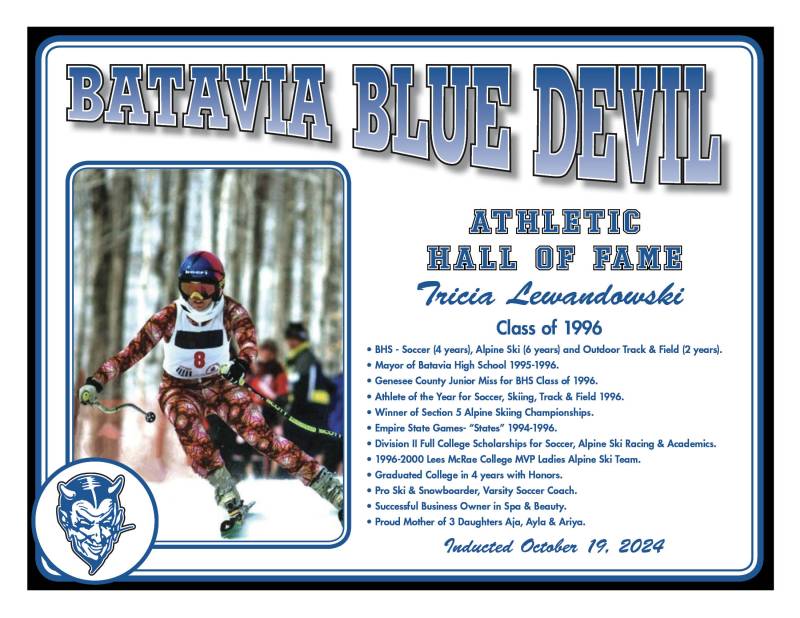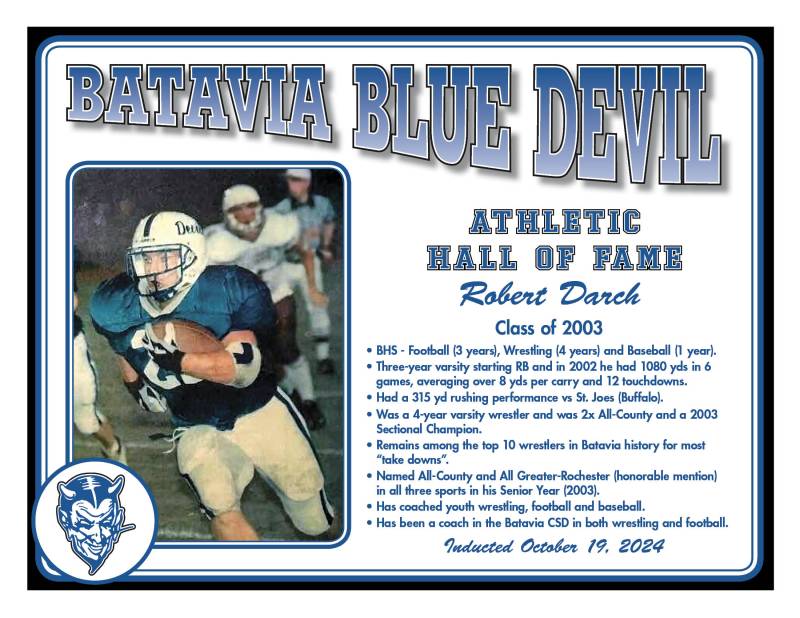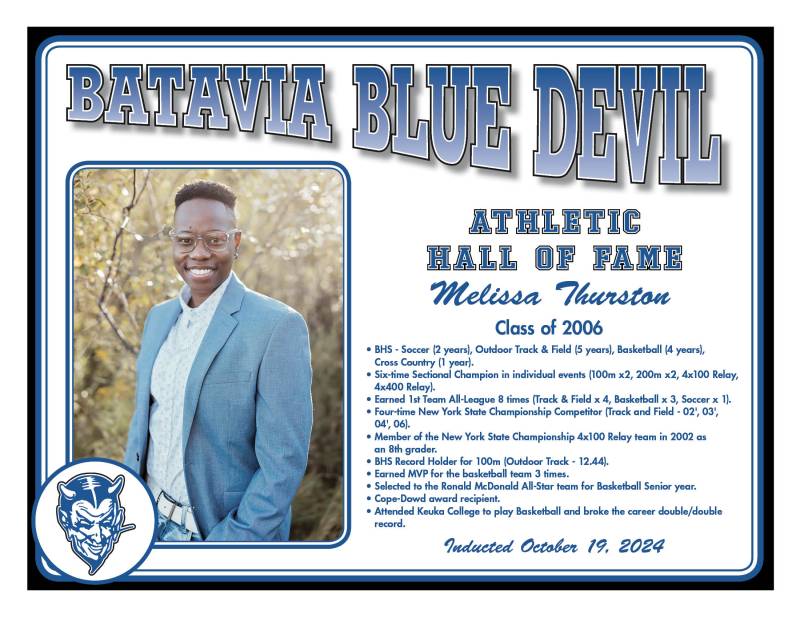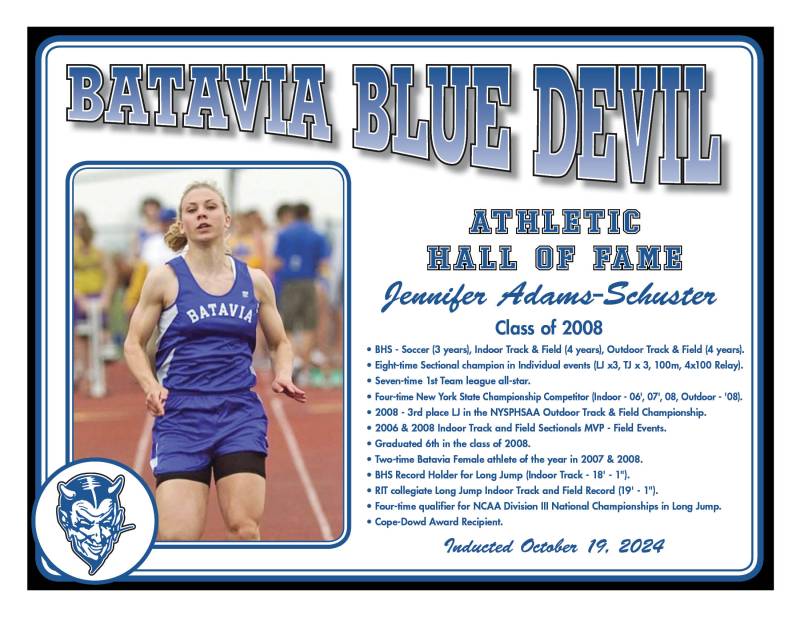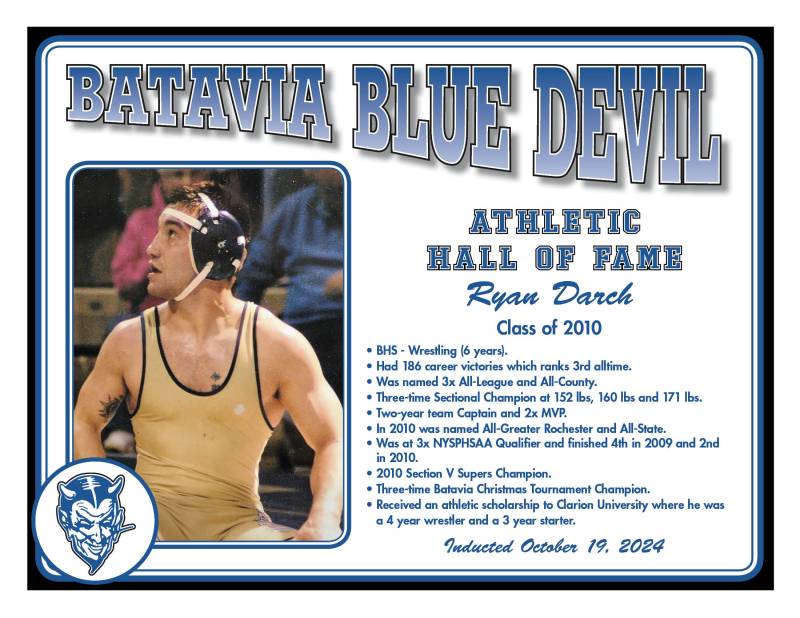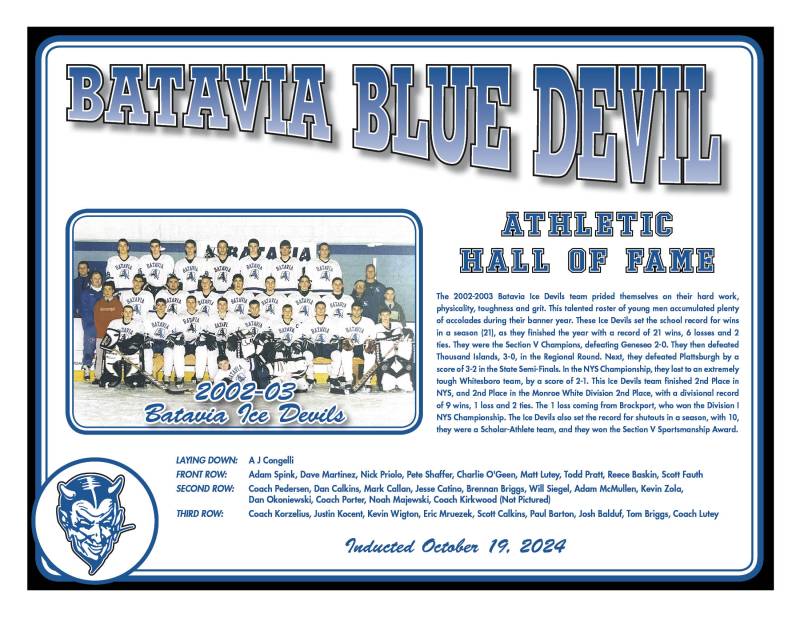Patricia Lawlor has been steeped in the works and study of religion for more than three decades, from her time as religion education coordinator for the Catholic Church and its Diocese, and more recently as spiritual director of the Mercy Spirituality Center in Rochester, though her path was headed in a much different direction early on.
While preparing to become a dentist in a pre-dental program at Nazareth College, Lawlor had to take a religious studies course, and ended up in a world religion class with Sister Joan Margaret Kunz.
“Her teaching, the way she presented the material; it just broadened my sense of who God was, and it changed my life,” Lawlor said during an interview with The Batavian. “I changed my study to religious studies, and the rest is history.”
Lawlor will be facilitating a workshop for “The Experience of Prayer” from 9 to 11 a.m. Nov. 2 at Batavia First Presbyterian Church, 300 E. Main St., Batavia.
She will begin the session by defining prayer and identifying which definitions seem most appealing to people.
“And then we are going to really try to build upon their own prayer experiences,” she said. Lawlor will explore three types of prayer, and participants will actually do some praying so that they can try out the prayer styles for themselves and share how it went within small break-out groups, she said.
There is a style called Gospel contemplation, the prayer of St. Ignatius Loyola, prayer with scripture — “using our imagination as if we were actually present during the story of the scripture” And another one of Lectio Divina, which takes a passage of scripture, and “we have the opportunity to listen and then choose a word or phrase and then just spend time praying with the word or phrase, to explore what it’s saying to us.
“And in between all of these, we’re going to be sharing what the experience was for each person, and I’m hoping to do that, dividing them up into small groups,” she said. “And then the final one, if we have time, we’re going to do a centering prayer experience, and centering prayer is about praying in silence and with the sense of going into our heart and into the deeper part of ourselves and listening to God to speak to us.
“I think it’s going to be fun,” she said. “You can be a complete novice who’s kind of curious about prayer or has some notion about prayer. It can be for people who have experiences of prayer.”
What would you want people to walk away with after this workshop?
“I’m hoping this will lead them into an experience of prayer that is beyond rote prayers — the 'Our Father' prayers that we say in worship — beyond the prayers that we say to an opportunity to have a conversation and a deeper relationship with God,” she said. “So the styles of prayer that we’re going to be exploring are styles of prayer that lead us into one-on-one relationships with God. These styles of prayer can be done on a regular basis or they can be done here and there.
“You know, each person is attracted to a variety, to a different style of prayer, gospel, contemplation,” she said. “Some people may be attracted to it, some not. That's why I want to give them different experiences to see if we can find something that they may be attracted to.”
Let’s face it, life is difficult these days — with destruction from wars abroad and more regional natural disasters, the rough and tumble political landscape, and all of the myriad other personal and professional problems that people encounter — but prayer can be about more than seeking to have your requests met, Lawlor said.
“I think this is leading people beyond the style of prayer of telling God what we want God to do. It's leading us more into a style of prayer in which we listen, and in the end, in which will help us to cope with everything that's going on in our world today … there will be people there that will be on both sides of the election; some will be disappointed, some will be thrilled,” she said. “And how do we take all of this to our relationship with God and more of a listening rather than telling God what we think should happen. So it's more of a being present to the situation that we are facing, and through prayer, becoming an instrument to bring compassion and peace into the world.”
The Rev. Roula Alkhouri of Batavia First Presbyterian said that she hadn’t thought about the close timing of a prayer workshop and upcoming election just three days later, but “this workshop will definitely be a help to give participants a sense of peace and a sense of connection to others at a deeper level than the pollical divisions we are experiencing today,” she said.
“There is a lot of anxiety about the election this year and finding ways to stay grounded in love, in peace, and in community is of great help,” Alkhouri said. “My hope for our community is to expand our experiences of prayer. Prayer is often presented as the words we say to God, asking for things we want, but that is only one way of prayer. At its heart, prayer is about union with the divine. It is about connecting to the source of our life and love. The contemplative forms of prayer that Pat will be helping us experience will help people access their inner wisdom, peace, and divine connection.”
Contemplative prayer, which uses silence, the imagination, the scriptures, or gentle movement, is “powerfully transformative and healing,” she said.
“Through contemplative prayer, we can learn to let go of anger, need for control, hate, judgment, guilt, shame and fear and to trust the love that is eternal,” she said. “One of my favorite writers, Thomas Keating, used to teach about the power of contemplative prayer to heal the distressing emotions of our search for happiness through the emotional programs for happiness of control, esteem, and security. For most of his ministry, Keating taught people Centering Prayer, which is a form of meditation. Centering Prayer helps people to find fulfillment through the inner freedom to love, which we all can access.”
Lawlor ended up with a bachelor’s in religious studies and went on to obtain a master’s degree in theology and a certificate in spiritual direction. She lives in East Irondequoit and looks forward to what unfolds during the two hours in November.
The workshop is free and open to the public.

